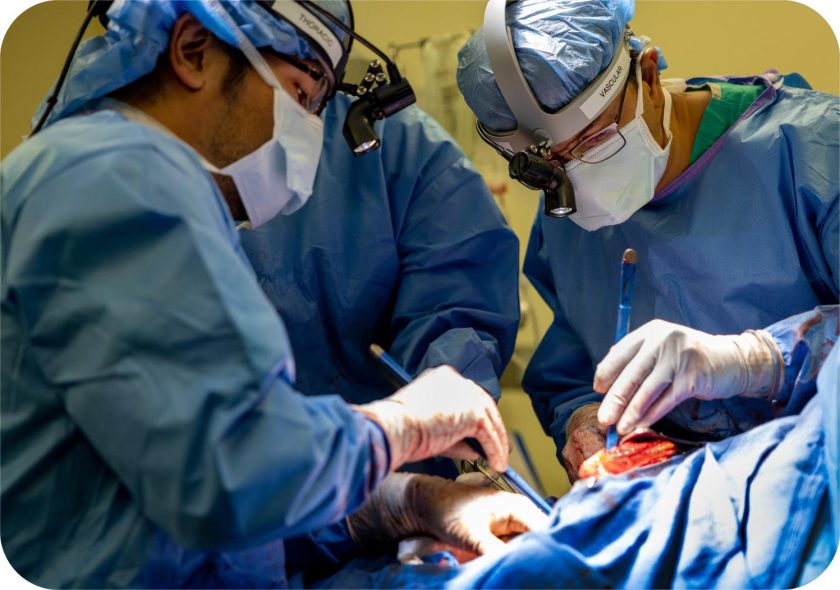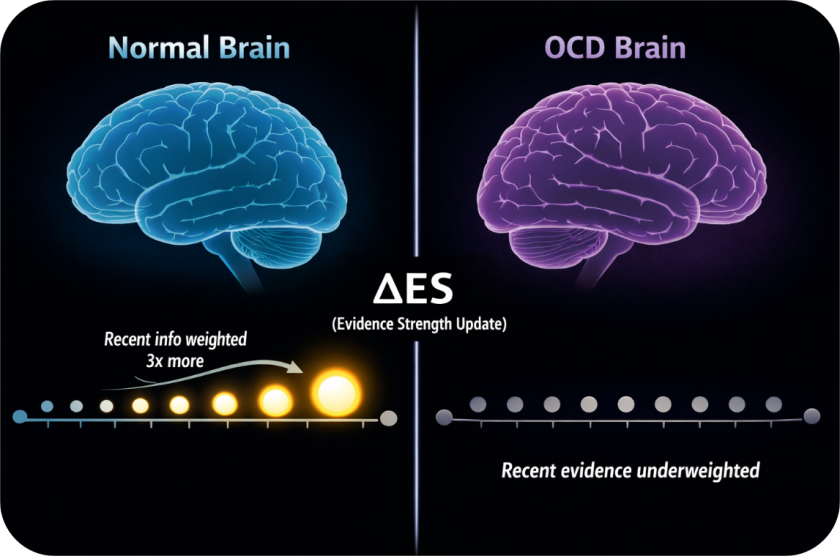Many of us believe that food rich in antioxidants or taking antioxidant supplements is essential for maintaining a healthy life and prevents diseases like cancer, coronary heart disease and altitude sickness. A scientist from Cold Spring Harbor Laboratory and a Chicago colleague has rebutted this popular belief. They propose that a diet rich in antioxidants or antioxidant pills might not be beneficial in shielding against cancer.
Result from other trials has shown that antioxidant supplements have consistently failed to lower the occurrence of carcinoma and can actually be more harmful than good. In another trial, experts found that smokers who took additional beta-carotene showed higher rates of lung cancer and not low as perceived.
Professor at Cold Spring Harbor Laboratory and Director of Research at Lustgarten Foundation, David Tuveson and Navdeep S. Chandel from Feinberg School of Medicine, reveals in their study that antioxidant rich diet or supplements may not be effective in the prevention of cancer. Recent advances have helped the researchers in understanding the processes that are carried inside the cells to maintain equilibrium between oxidizing and anti-oxidizing compounds. These compounds participate in redox reactions (reduction and oxidation) required crucially for cellular chemistry.
Reactive Oxygen Species
Oxidants such as hydrogen peroxide are required in miniscule amounts and are produced within certain cells. Excess accumulation of oxidants is toxic and therefore, to neutralize these oxidants, cells manufacture their own anti-oxidants. To maintain this equilibrium against hydrogen peroxide and other reactive oxygen species (ROS), people often indulge in additional antioxidant supplements. And because cancer cells are known to produce higher levels of ROS to feed their unusual growth.
According to researcher Tuveson and Chandel, indulging in a diet rich in antioxidants or additional antioxidant supplements may not be giving desired results against prevention of cancer mainly because they fail to act on the specific site in the cells where tumor associated ROS are manufactured, which is the mitochondria (also known as the cellular energy factories). Unfortunately, antioxidants from the diet or supplements are accumulated at various distant locations in the cells, due to which tumor promoting ROS remain unchanged.
As per researchers, in cancer cells the quantities of ROS and naturally produced antioxidants are higher. This is mainly because the increased amounts of antioxidants help cancer cells to keep a check on its increased amount of oxidants, so uninterrupted growth may continue. Thus, therapies that increases the levels of oxidants may be yield more positive results. While therapies that increases antioxidant levels may trigger growth of cancer cells. Radiation therapy that kills cancer cells by considerably increasing oxidant levels in the cells. Even chemotherapeutic drugs increase levels of oxidants to slay cancer cells.
In the future, researcher would study antioxidant pathways in tumor and normal cells lying adjacent and find new therapeutic targets to fight cancer more effectively. So unless prescribed, it is better to indulge in healthy eating habits that can provide the body with require nutrients and thus additional supplements must be avoided.
Source: Cold Spring Harbor Laboratory




